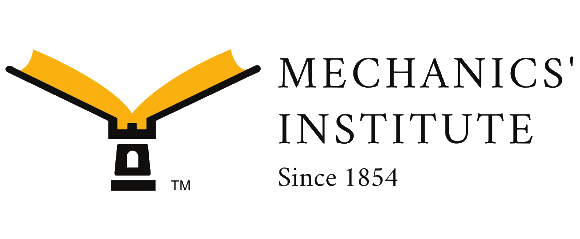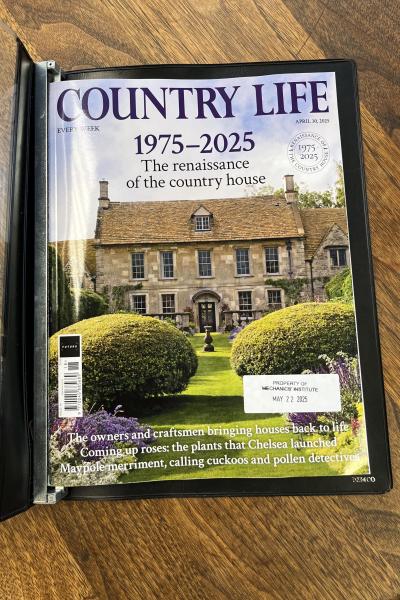
In Classroom A on the 3rd Floor of the Library, a piece of San Francisco history stands quietly on display. It's a "Precise" Surveyor's Level serial number 977, a beautifully crafted brass instrument housed in a velvet-lined wooden box. This level, on loan to the Mechanics' Institute, connects us to a time when our building was a hub of industrial innovation.
The story begins with the A. Lietz Manufacturing Company, founded by German immigrant Adolf Lietz in 1882. From approximately 1916 to 1936, their showroom occupied one of the ground floor spaces of our building, the shop now home to Indochino. Lietz specialized in surveying, drafting, and nautical equipment, vital tools for a rapidly growing city.
A significant moment in the building's history, and the company's, occurred in March 1924. A fire broke out in the Lietz salesroom, shattering windows and threatening to engulf the Mechanics' Institute library. Firefighters, mindful of the devastating 1906 conflagration, worked tirelessly to contain the blaze, ultimately saving the library from serious damage.
This Surveyor's Level, manufactured around 1904, represents the kind of precision technology that was crucial to San Francisco's development. Loaned to us by member and City of San Francisco Chief Land Surveyor Adrian VerHagen, it's a testament to the enduring importance of these instruments. A surveyor's level, essentially a telescope with a spirit level mounted on a tripod, is used to measure the height of distant points relative to a known benchmark. Though modern technology has advanced, the fundamental principles remain the same.
The level’s presence in our building is particularly fitting. In the early to mid-20th century, the Mechanics' Institute was a center for engineers and related professions. The American Society of Civil Engineers had their clubrooms on our ninth floor and architects continue to be among our tenants today.
To enhance the display, Mr. VerHagen has also loaned us a 1919 Lietz catalog, showcasing the company's storefront as it appeared in our building. This catalog provides a tangible link to the era when Lietz operated within our walls.
This display is more than just a historical artifact; it’s a reminder of the Mechanics' Institute's role in the city's industrial and intellectual life. We are grateful to Mr. VerHagen for bringing this piece of our history back to Post Street. When you next visit, take a moment to appreciate the craftsmanship and the legacy of the A. Lietz Manufacturing Company, a company that helped shape the city we know today.


